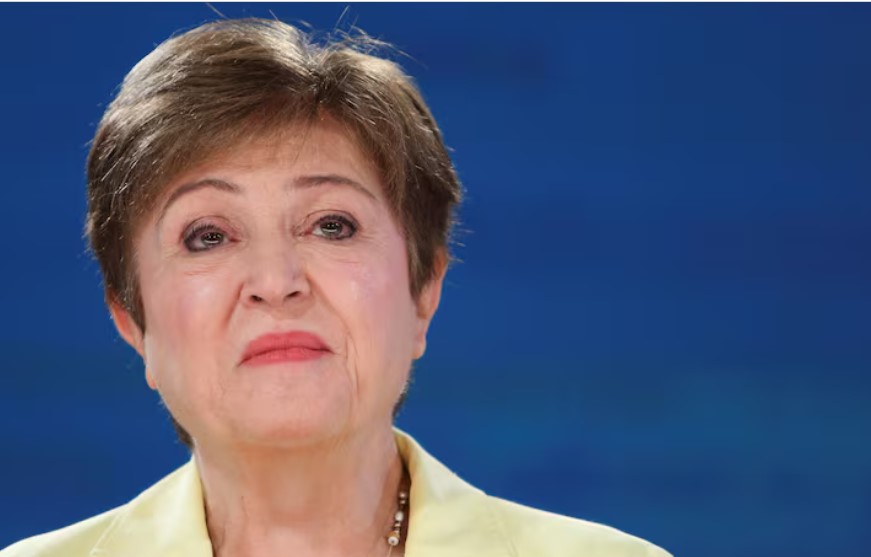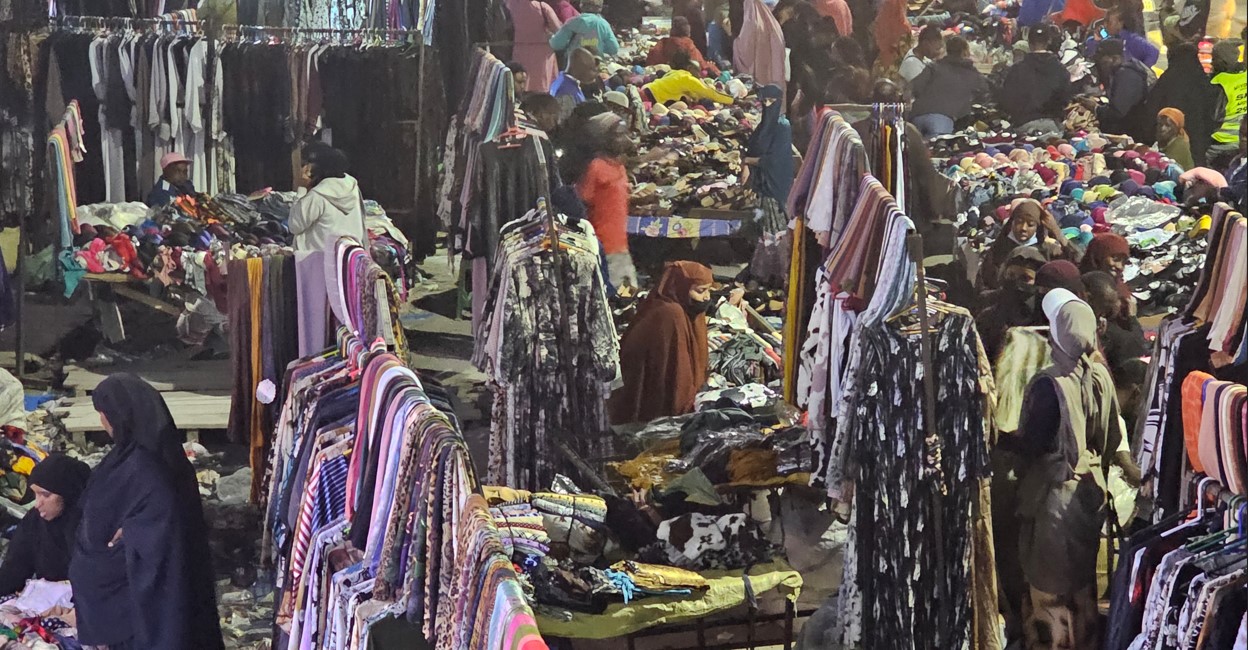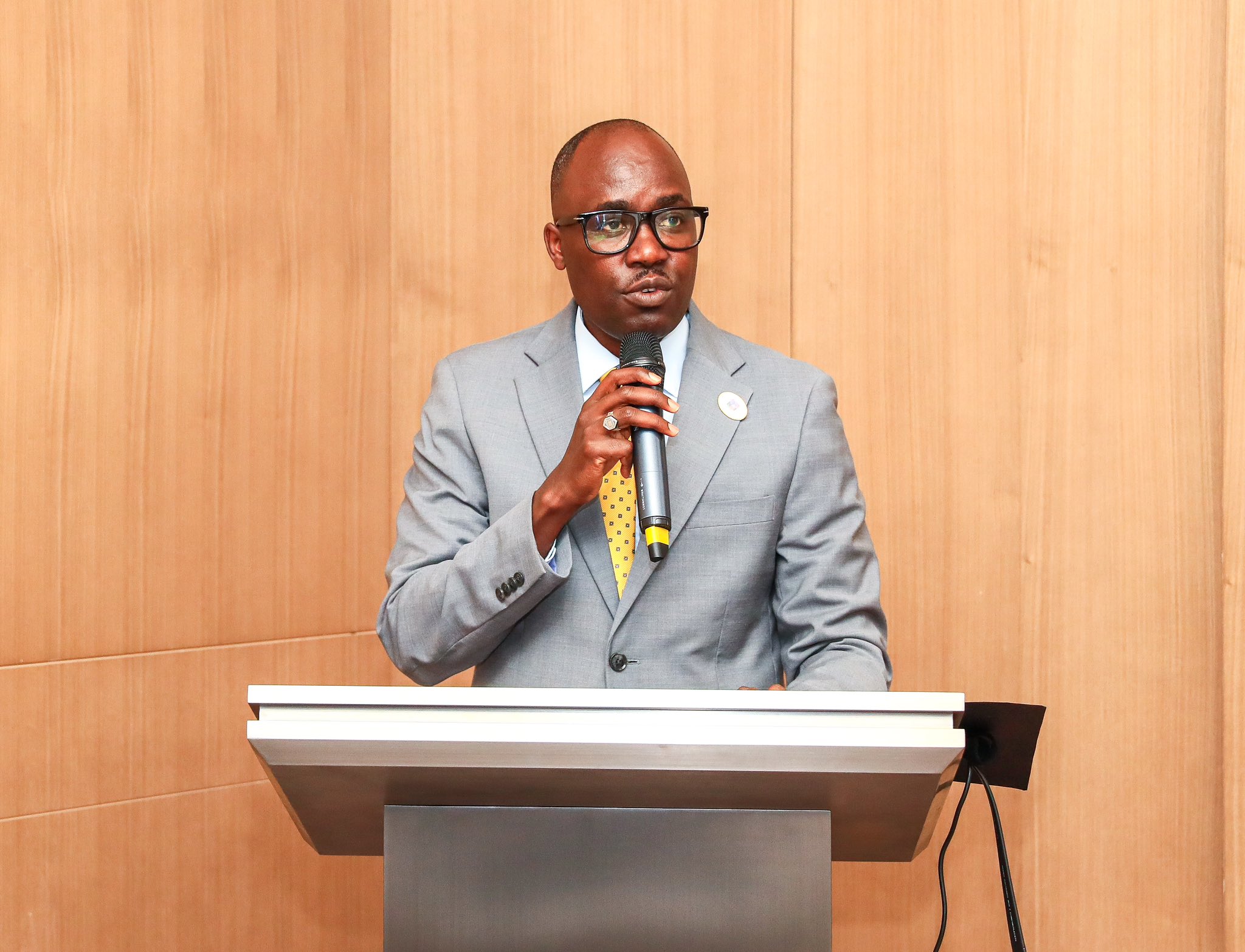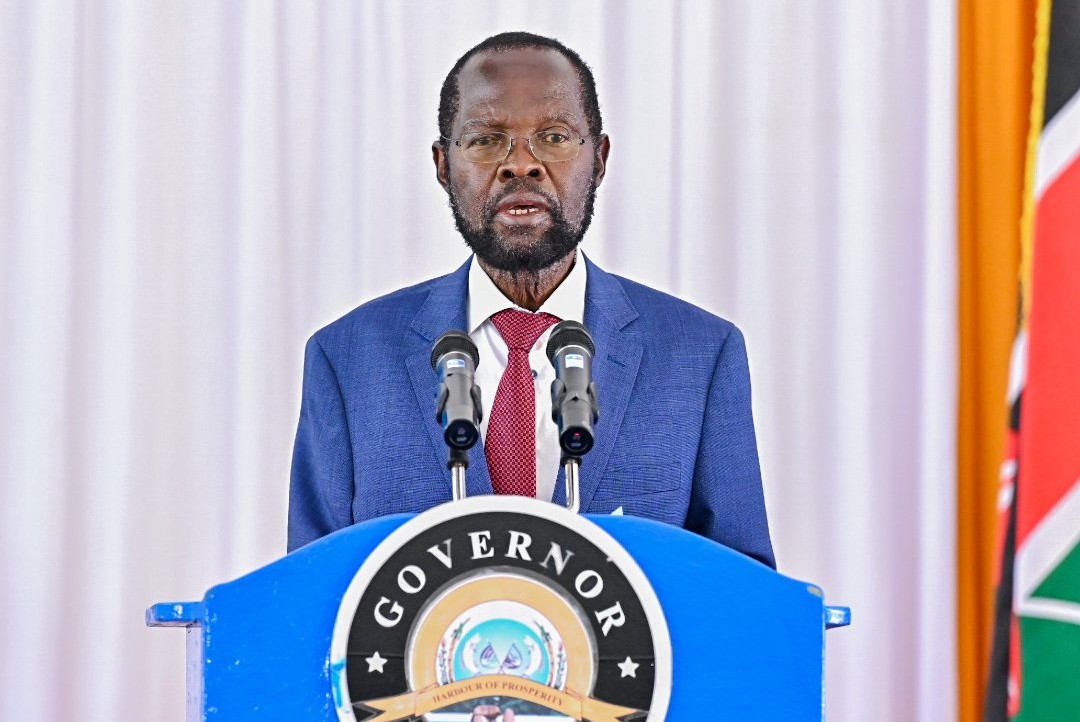IMF chief says world economy at risk of low-growth, rising dissatisfaction

At the same time, the IMF's Fiscal Monitor showed global government debt is set to top $100 trillion for the first time this year.
International Monetary Fund Managing Director Kristalina Georgieva warned on Thursday that the world is in danger of becoming mired in a low-growth, high-debt path that will leave governments with fewer resources to improve opportunities for their people and tackle climate change and other challenges.
The result is increasingly dissatisfied populations, Georgieva said during a press conference during the IMF and World Bank annual meetings in Washington.
More To Read
- IMF's board approves second review of Ethiopia's $3.4 billion programme
- Why digital goods make up a smaller share of imports in Africa -World Bank
- World Bank staff question Ethiopia debt assessment reached with IMF, memo shows
- Relief for Somalia as Russia announces cancellation of $48.1 million debt
The meetings are clouded by the looming November 5 US presidential election, which raises the spectre that Americans, stung by high inflation during Democratic President Joe Biden's administration, could return Republican candidate Donald Trump to the White House, ushering in a new era of protectionist trade policies and trillions of dollars in new US debt.
Dissatisfaction is not unique to the US, Georgieva said, despite the global economy showing some resilience in the face of threats from wars, weak demand in China, and the lagged effects of tight monetary policy.
"For most of the world, a 'soft landing' is in sight, but people are not feeling good about their economic prospects," Georgieva said, referring to a scenario in which high inflation is tamed without a painful recession or large job losses. "Everybody I ask here, how is your economy? The answer is good. How is the mood of your people? The answer is not so good. Families are still hurting from high prices and global growth is anaemic."
New economic forecasts
The IMF on Tuesday released new economic forecasts showing that global GDP growth will decline slightly by 2029 to 3.1 per cent from 3.2 per cent this year, well below its 2000-2019 average of 3.8 per cent, as current US strength fades.
At the same time, the IMF's Fiscal Monitor showed global government debt is set to top $100 trillion for the first time this year and continue rising as political sentiment increasingly favours more government spending and is resistant to tax increases. It also predicts that government debt as a share of GDP, now 93 per cent, is set to reach 100 per cent by 2030, exceeding its peak during the Covid pandemic.
"So here is the bottom line: the global economy is in danger of getting stuck on a low-growth, high-debt path," Georgieva said. "That means lower incomes and fewer jobs. It also means lower government revenues, so fewer resources for families and to fight long-term challenges like climate change. These are anxious times with these problems in mind."
Finance chiefs from G20 major economies separately expressed optimism for a soft landing and urged resistance to protectionism.
"We observe good prospects of a soft landing of the global economy, although multiple challenges remain," the G20 finance ministers and central bank governors said in a joint statement issued after a meeting on the sidelines of the meetings in Washington.
The communique did not mention Russia's invasion of Ukraine, long a point of division for the G20, or Israel's military conflicts with the Palestinian militant group Hamas in Gaza and the Iran-backed Hezbollah organization in Lebanon.
A separate statement issued by Brazil, which currently holds the G20 presidency, said members disagreed on whether the conflicts should be discussed within the group but added that it would continue such talks among lower-level officials ahead of a G20 leaders’ summit in Rio de Janeiro in November.
China's path
Georgieva said that China's growth could slow to "way below 4 per cent" unless its government takes decisive action to shift its economic model towards consumer demand from exports and manufacturing investment.
After long maintaining Chinese growth forecasts at or above Beijing's 5 per cent target, the IMF this week cut China's 2024 growth outlook to 4.8 per cent, with a projection slowdown to 4.5 per cent in 2025. China's GDP grew at a 7.4 per cent rate in 2014.
Georgieva said more details on China's stimulus plans were needed to assess whether they would improve its outlook. The IMF's chief economist, Pierre-Olivier Gourinchas, and US Treasury Secretary Janet Yellen said on Tuesday they have not seen anything from Beijing that would materially raise China's domestic demand.
The IMF and World Bank meetings also have been marked by new worries about an escalation of the war in the Middle East, which was triggered a year ago by Hamas' surprise attack on Israel.
Georgieva said a wider escalation of the conflict could increase spillovers to economies in the region, including Egypt, which earlier this year won a $3 billion increase to its IMF loan program.
Georgieva said she will travel to Egypt in the next 10 days to assess economic conditions for possible further changes to the program amid a severe drop in the country's Suez Canal revenues.
Jihad Azour, the director of the IMF's Middle East and Central Asia Department, told a briefing that the size of the program was still appropriate. Still, Georgieva would assess the effectiveness of the country's social protection programmes in the current environment.
Top Stories Today


















